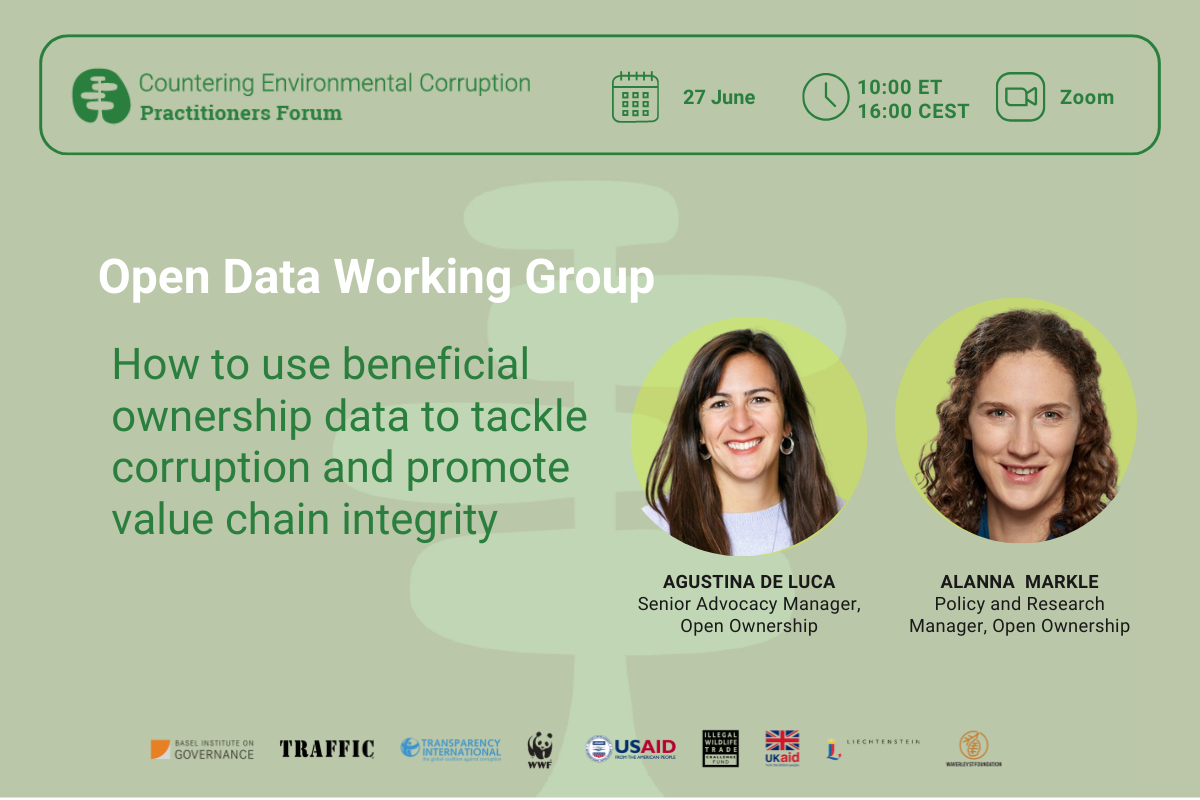Explore the hidden world of corruption and greed with two investigative journalists who have uncovered major scandals through large data leaks. Discover how these revelations expose the money trails behind natural resource plunder in Central and East Africa and law enforcement's weakness and corruption in Latin America.
Corruption in the timber trade is a serious threat, economically and environmentally. Forest-rich countries in Latin America are particularly exposed.
Those include Bolivia, Ecuador and Peru, where our Green Corruption programme has been working with forestry authorities and environmental agencies to help them assess and mitigate corruption risks.
Working Paper 53: Good governance and the just transition: Implications for renewable energy companies
There is broad agreement that ensuring a just energy transition is key for achieving the trust and support from citizens needed to succeed with the green transition and the COP28 goal of tripling renewable energy capacity by 2030.
This in-person event with the Ethics and Compliance Switzerland Working Group on Anti-Bribery and Corruption looks at the topic of Green Corruption.
The illegal wildlife trade is operating at an industrial scale. It has a direct impact on the accelerating rate of biodiversity loss and deprives local communities of sustainable livelihoods.
The regional government of San Martín, Peru has approved a significant new regulation to protect its forests from the devastating impact of illegal logging. This regulation aims to disrupt corruption in forest management, preventing “wood washing” by revolutionising the procedure and system for approving transport permits (guías de transporte forestal).

